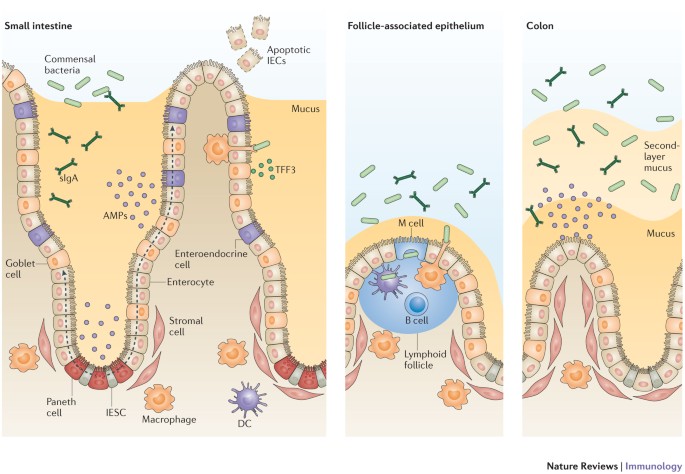Reference




Moonshot's Answer
Annexin A13 (ANXA13) is a member of the annexin family of proteins that are calcium-dependent phospholipid-binding proteins. It is considered the original founder of the 12-member vertebrate annexin A family and has acquired an intestine-specific function [1]. The significance of annexin A13 in human intestinal epithelial cell growth is multifaceted:
-
Promotes Cell Proliferation and Invasion: Annexin A13 is closely related to the occurrence and development of malignant tumors, promoting cell proliferation and invasion [4].
-
Intestine-Specific Function: It has an alternative N-terminal fold that is specific to the intestine, suggesting a specialized role in this tissue [2].
-
Membrane Trafficking and Repair: Annexin proteins function as Ca2+-dependent regulators of membrane trafficking and repair, which may also modulate membrane curvature [2].
-
Autophagy Regulation: Annexin A family proteins are associated with autophagy, regulating the formation of vesicular lipid membranes and promoting cell exocytosis [5].
-
Gut Tissue Development and Maintenance: Annexin A13 plays a role in the development and maintenance of gut tissue, including intestinal epithelial cells [14].
The expression of annexin A13 is also associated with poor prognosis in certain cancers, indicating its role in disease progression [13]. Understanding the role of annexin A13 in intestinal epithelial cell growth is crucial for developing therapeutic strategies for related diseases. Images related to the expression of annexin A13 in human colorectal cancer can be found in research articles [16], providing visual insights into its role in intestinal cells.
In summary, annexin A13 is significant in human intestinal epithelial cell growth due to its role in cell proliferation, membrane trafficking, and potential involvement in autophagy and gut tissue development. Further research is needed to fully elucidate its functions and therapeutic potential.